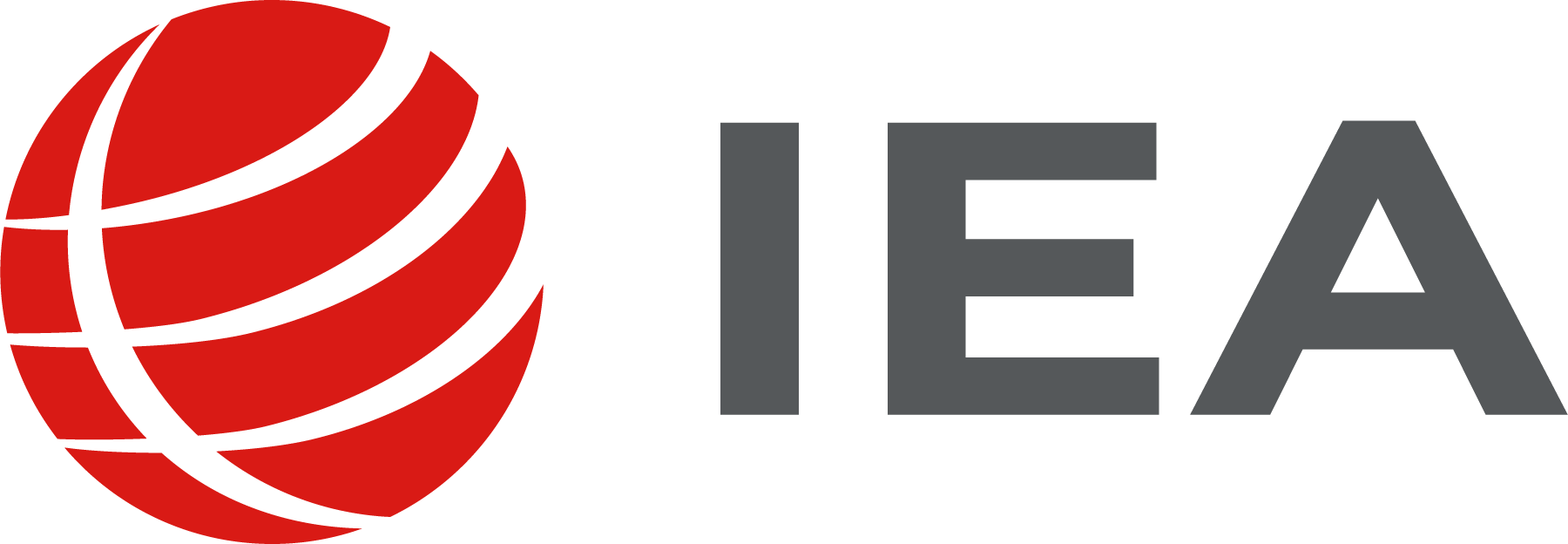ICCS investigates the ways in which young people are prepared to undertake their roles as citizens in a world where contexts of democracy and civic participation continue to change. The study was first implemented in 2009 with a follow-up cycle in 2016 and one in progress for 2022.
ICCS reports on students’ knowledge and understanding of concepts and issues related to civics and citizenship, as well as their beliefs, attitudes, and behaviors with respect to this domain. In addition, ICCS collects rich contextual data on the organization and content of civic and citizenship education in the curriculum, teacher qualifications and experiences, teaching practices, school environment and climate, and home and community support.
The study provides valuable data for countries monitoring their progress towards achieving the UN's Sustainable Development Goals.
ICCS is the largest international, and only dedicated study of civic and citizenship education. It makes a substantial contribution to our knowledge about civic and citizenship education in schools and our understanding of how diverse countries prepare their young people for citizenship.
Mindful of the new and emerging challenges evident in today’s world, the study aims to improve countries’ understanding of issues such as students’ role with respect to global citizenship, environmental sustainability, social interactions at school, the use of new social media for civic engagement, digital citizenship, and migration and diversity. Participating in ICCS provides countries with reliable, comparative data to help shape educational policies in these critical areas. In addition, participating in ICCS will help countries to monitor their progress towards the UN's Sustainable Development Goals, particularly Target 4.7.
The map below provides an overview of all educational systems (countries and benchmarking entities) that have participated in one or more cycles of ICCS. Please see the individual cycle pages for further details.
In addition to participating in the international study, there were opportunities for countries in ICCS 2009 and 2016 to participate in regional modules to explore specific topics of common interest. These regional modules led to standalone reports that enable countries to analyze and understand civic and citizenship topics of particular relevance. Regional modules are also available in ICCS 2022.
ICCS assesses students enrolled in the eighth grade, provided that the average age of students at this year level is 13.5 years or above. In countries where the average age of students in Grade 8 is less than 13.5 years, Grade 9 is defined as the target population.
In addition, ICCS draws samples of teachers in each school, with an option for teachers in subjects related to civic and citizenship education.
Together with the IEA's TIMSS and PIRLS, ICCS data are recognized by UNESCO as a solid evidence base for researchers, educators, and policymakers interested in monitoring progress towards Sustainable Development Goal (SDG) 4: obtaining a quality education for all.
In particular, ICCS data are recognized as the main existing source of data for SDG indicator 4.7.4, the percentage of students by age group (or education level) showing adequate understanding of issues relating to global citizenship and sustainability. There are more details in the UNESCO SDG4 Data Digest.
Read about IEA's support for, and contribution to, SDG measures.
The study centers are jointly responsible for designing and implementing the study in close cooperation with IEA and the national centers of participating countries. The University of Bath will serve as the international study center for the upcoming ICCS 2027 cycle.
For the 2009, 2016, and 2022 cycles of ICCS the Australian Council for Educational Research (ACER) in Melbourne served as the international study center with the Laboratorio di Pedagogia Sperimentale (LPS) at Roma Tre University (for 2009 and 2016) and LUMSA University (from 2022) in Rome acting as associate research center.

